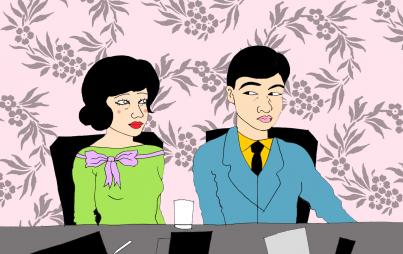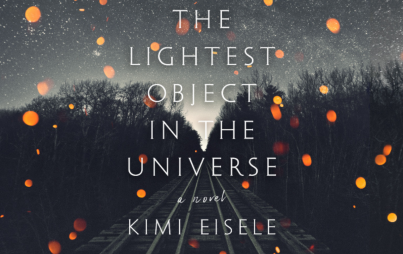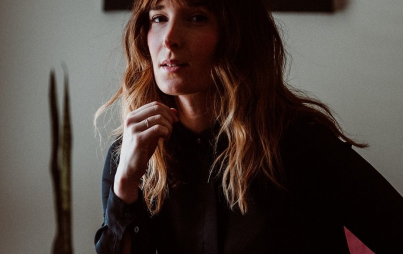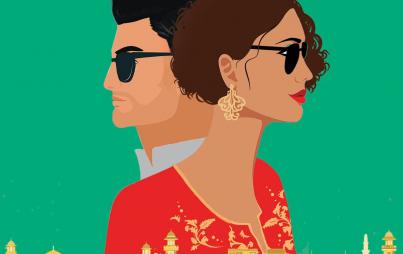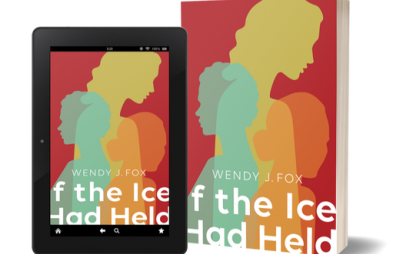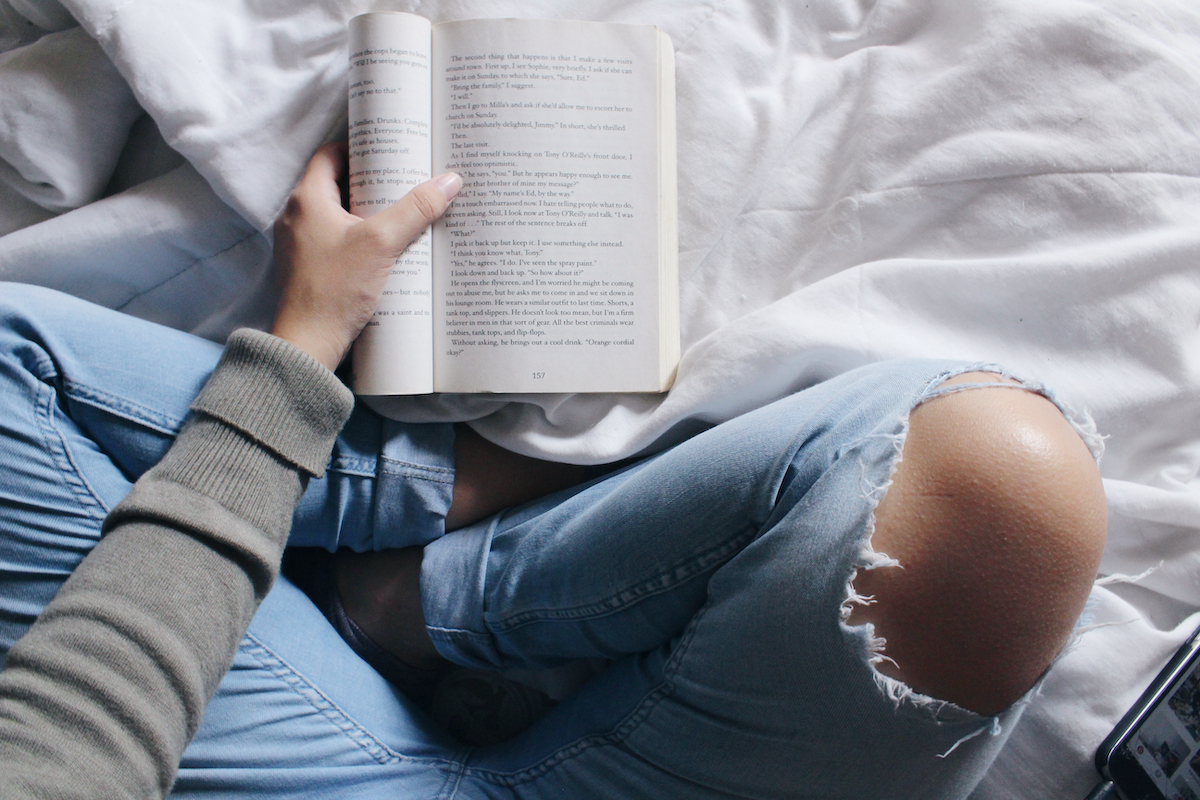
Photo by Fabiola Peñalba on Unsplash
During the hardest breakup of my life, I leaned back into a cramped airline seat scrunching my knees to avoid touching the tall stranger sleeping beside me. I held my torn CVS-notebook-journal tight in my lap. It was the middle of summer, but I wrapped a thin sweater around my shins, covered in goosebumps thousands of feet in the air. The ground was falling away faster than my mind, and my heart could keep up. Everything would be different when I returned from “vacation.” I would soon be divorced. Although my now-ex and I had ended our long-term marriage vowing to be friends, I was left with all of the emotions of grief. And they felt like a ball tangled up inside my chest, one made of cold, icy rubber bands snapping this way and that.
What if I had? And why didn’t I? And now what?
Every time another cold wave of grief spread through me, I’d smile at the stewardess, who kept offering me more cranberry juice. Then, I’d reach down to fumble around my backpack (not without panic) for another book.
“Can you read your way out of hell?” I’d written this in messy letters scratched from thirty thousand feet, as though writing the words could render some magic spell.
Consider the paperbacks and guiltily-packed hardcovers my emotional therapy animals. In the backpack by my feet were reminders that changed the “oh my god, it’s all over” feeling to hope earned the hard way. There was Cheryl Strayed’s Wild, smushed next to Edith Wharton’s Glimpses of the Moon, and my favorite collection of Sonia Sanchez poetry. They’d been selected from a large stack of left-behind books on my bed, ones I’d packed and unpacked like my dog-eared copy of Charlotte Bronte’s Jane Eyre.
“You should go out more,” a good friend had said with excellent intentions. But I didn’t know how to explain that going out during the time of my separation and divorce (unless it was to the library) meant hiding in the bathroom and breathing for calm until it was time to go home. Worse, going to bars or parties made me feel not more but less connected — and feeling all the more crappy the next day. Reading provided precisely the opposite feeling. My bad-ass messy author-saviors and survivors showed me that it was okay not to savor every moment but rather to let go exactly where it was safe. That is, in print.
The field of bibliotherapy — seeking books out for their therapeutic powers — has roots that can be traced back for centuries.
“There is tremendous relief in seeing your feelings or story expressed in written form,” says Dr. Carrie Barron — psychiatrist and Director of Creativity for Resilience Program at Dell Medical School and the author of The Creativity Cure.
“I’ve actually prescribed poetry, like say Mary Oliver or William Wordsworth — as well as blogs — to offer my patients relief and meet their very human need for deeper meaning.”
You Might Also Like: Bibliotherapy For The Wedding-Obsessed Bride
Here are five ways that I used reading to climb my way out of my breakup hell.
1. Reading can help you adapt to being alone--and at the same time make you feel so much less alone.
Books can serve as tour guides through the ghost-reeling darkness. I craved the psychic company of those who had been there and confronted hardship and somehow someway emerged stronger and better.
2. Through the mere act of concentration, reading can shake off the need for external validation.
Books are wildly private bastions of inner meaning that can lead you to your healthiest self. They are a vacation from seeking approval in likes or hearts on social media, which can be a dangerous environment during times of transition.
3. Reading can calm you for real.
During that time of extreme change, months before and after that airplane trip, I felt scattered — and yet frozen inside — all the time. I mean-moth flickering around for light in the dark scattered. When I couldn’t concentrate, I’d schedule micro-reading therapy sessions for myself to touch the calm place of ground.
“When you read, you are also single-minded — a state that can lower your blood pressure and lead you to a natural state of creative flow,” says Dr. Barron.
4. Reading can remind you of the long game.
Books often provided me with reflections on larger patterns and redemptive lessons in life.
As Edith Wharton suggests: “Will-power, he saw, was not a thing one could suddenly decree oneself to possess. It must be built up imperceptibly and laboriously out of a succession of small efforts to meet definite objects, out of the facing of daily difficulties instead of cleverly eluding them, or shifting their burden on others.”
― Edith Wharton, The Glimpses of the Moon
5. Reading can offer you what Virginia Woolf called “the relief of truth.”
Cliches that oversimplify and/ or minimized my experiences made me cringe (they hurt!), so if I have any included in this article, please forgive me. That’s a cardinal sin I don’t take lightly. The writers I revered and trusted laid their pain and recovery all out in the open, raw and unvarnished — to help readers feel the hand of an understanding friend through the darkness.
Bonus: Books showed me different models and avenues for love. As Edith Wharton wrote about the character Susy’s experiences of romantic failure.: “Great love was wise, strong, powerful, like genius, like any other dominant form of human power. It knew itself and what it wanted, and how to attain its ends. Not great love, then...but just the common humble average of human love was hers.”
Or, consider the drum-pounding lyrical poetry of Sonia Sanchez. In two poems “Just Don’t Never Give Up on Love” and “Ballad," an older woman explains love to a younger girl. Her expansive notion of the verb soothed me from the inside out.
In the throes of my feelings of failure and transition, the only qualification for the books I stuffed in that bag on the airplane was that they truly had my back.




